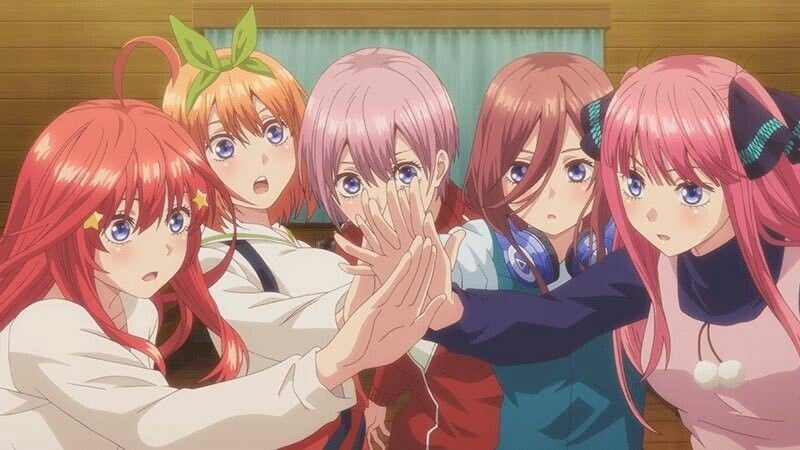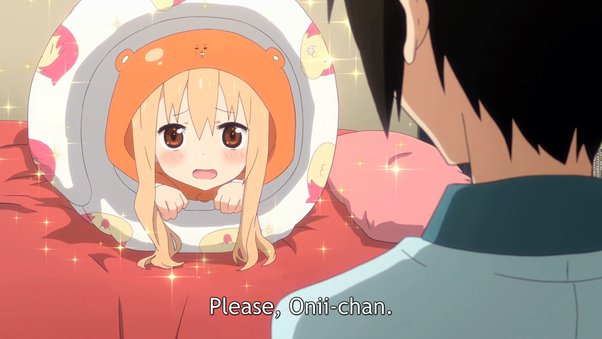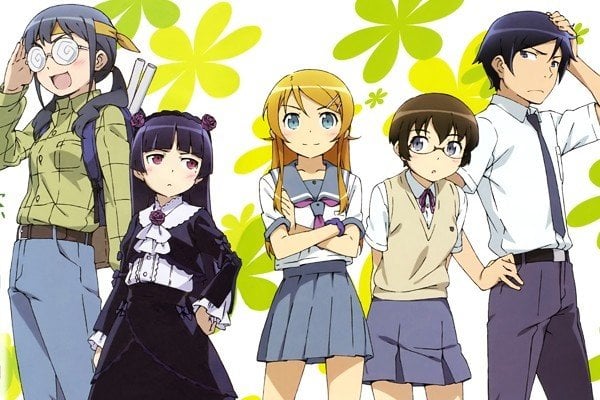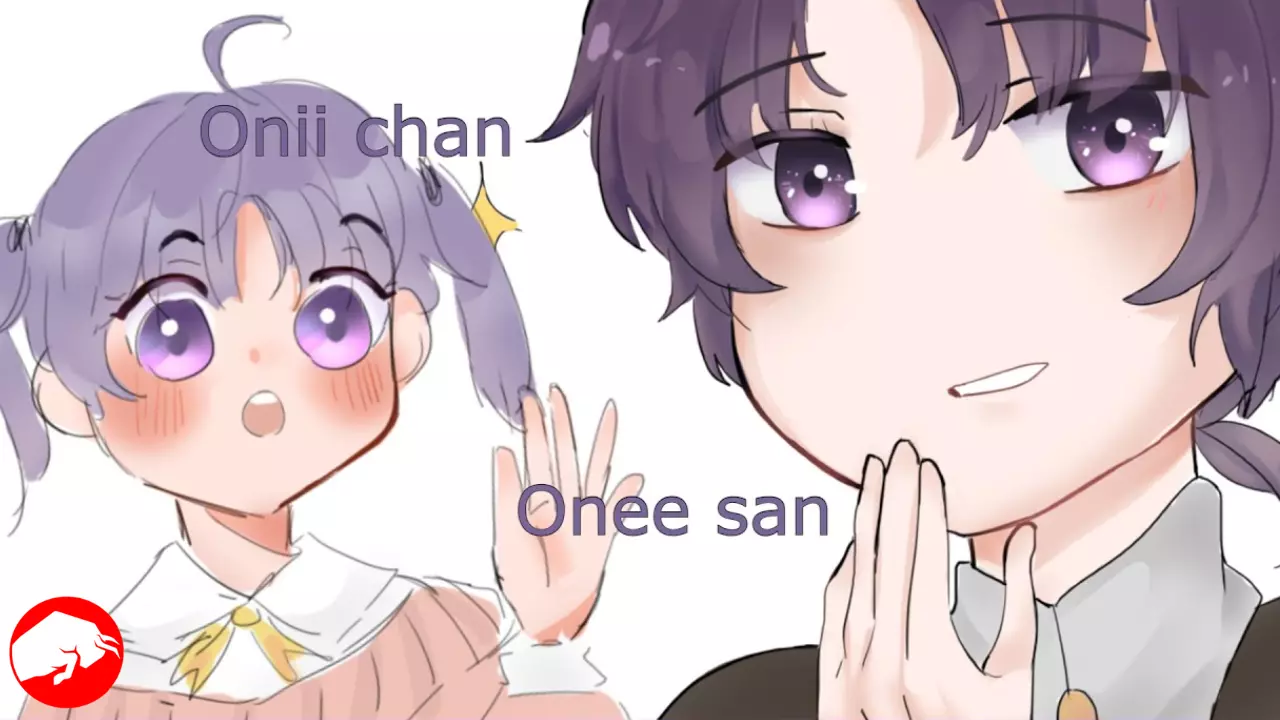More Than Just Sibling Love: The Cultural Nuances You Didn’t Know
Words like “onii-chan” and “onee-chan” have flown around the anime and manga universe, sparking curiosity, memes, and sometimes controversies. But have you ever paused to think what these terms actually signify in the tapestry of Japanese culture? Read on as we decode the history, the cultural significance, and the controversies surrounding these ubiquitous anime terms.
A Quick Japanese 101: What Do These Terms Mean Onii-chan and Onee-chan?
In the Japanese language, “onee-chan” (お姉ちゃん) translates to ‘older sister,’ and “onii-chan” (お兄ちゃん) means ‘older brother.’ Though casual in tone, these terms are often loaded with affection and respect. For instance:
「お姉ちゃん、宿題を手伝ってくれる?」
Romanization: Onee-chan, shukudai o tetsudatte kureru?
Translation: Big sister, could you help me with my homework?

Subtleties and Formalities: ‘-Chan’ vs ‘-San’
Terms like “onee-san” and “onii-san” also exist, serving as more formal versions of “onee-chan” and “onii-chan.” So, while you’d call your older brother “onii-chan” in a playful home setting, switching to “onii-san” might be advisable in a more formal environment.

Other Ways to Refer to Siblings in Japanese
From “ani” (兄) for older brothers to “imouto” (妹) for younger sisters, the Japanese language offers a plethora of ways to address siblings. For instance, “aniki” (兄貴) can signify an older brother but might also imply a sense of toughness in certain contexts.
Sibling Bonds: A Pillar of Japanese Culture
Deeply rooted in Japanese society is the concept of respect for familial hierarchy. Sibling terms like “onee-chan” and “onii-chan” are not just sweet nothings; they are honorifics that reinforce familial bonds and societal values of respect for elders.

The Controversial Underbelly: When Anime Takes it Too Far
While traditional sibling relationships are often romanticized, instances like Suguha’s crush on her older brother Kirito in Sword Art Online can elicit criticism. Some argue that such portrayals fetishize or even normalize inappropriate sibling relationships.
Throughout the series, Suguha is depicted as having romantic feelings for her older brother Kirito, which she struggles to come to terms with. While the series does not explicitly depict a romantic relationship between Suguha and Kirito, fans have criticized the romantic tension between the two characters.
''Onii-chan, Onee-chan Happy new year full of new adventures! Te-hee!'' 🐰💣 pic.twitter.com/iV8MpzllLM
— 🍊 Chunn 🍊 (⌯'▾'⌯) (@Chunnyeol) December 31, 2022
Conscious Consumption is Key
As with any form of media, it’s vital to be a conscious consumer. Understanding the depth and implications of terms like “onii-chan” and “onee-chan” arms you with the knowledge to discern problematic elements in anime and manga.
So, the next time you hear an “onii-chan” or an “onee-chan” in your favorite anime, remember—you’re not just hearing terms of endearment; you’re hearing echoes of a culture rich in nuance and tradition.










